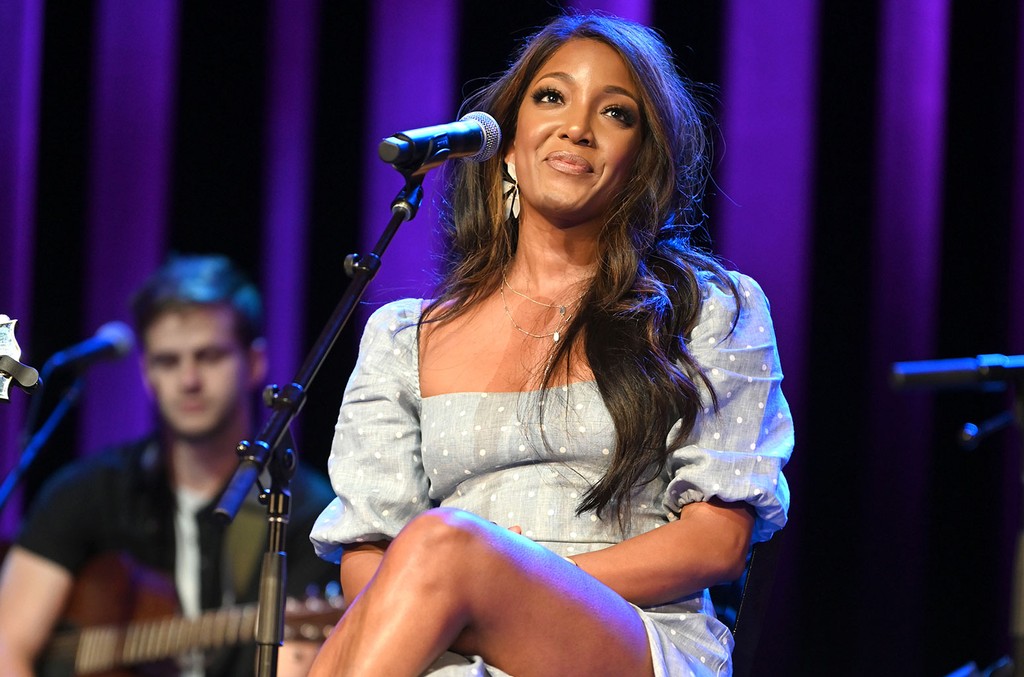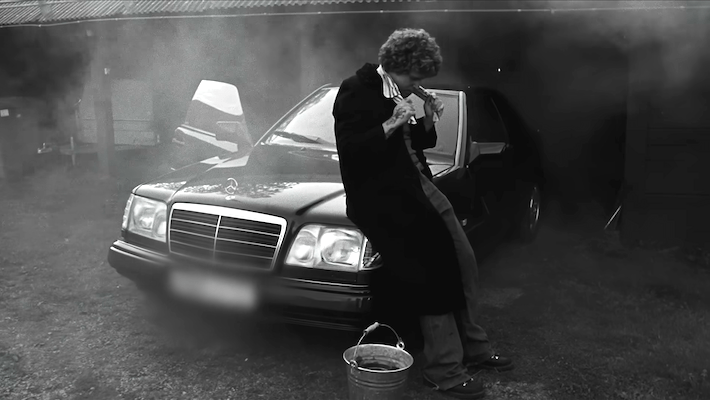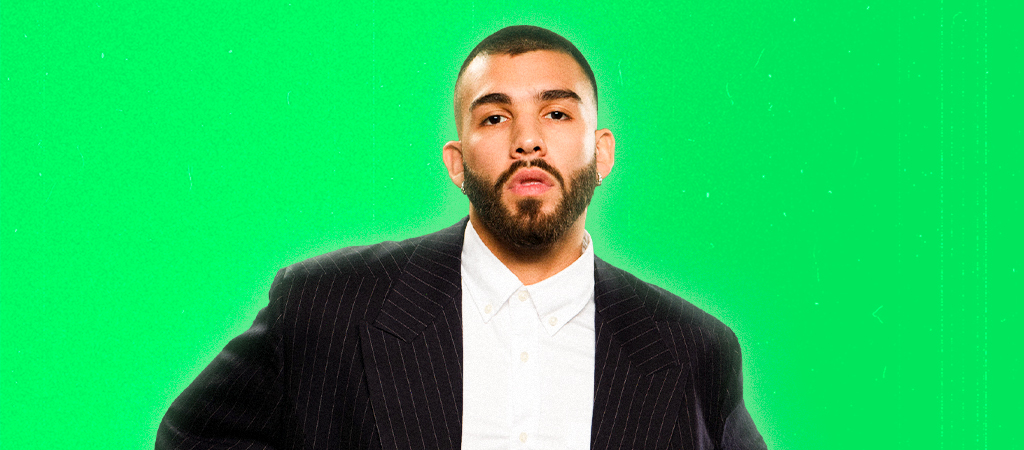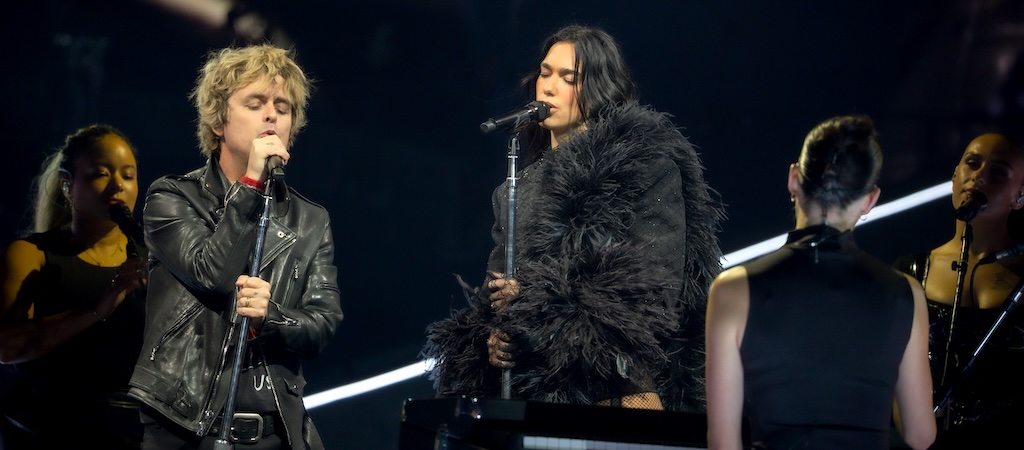George Floyd… let that sink in.
I was asked to write an essay about George Floyd and how the music community, country in particular, can play a role in healing. First and foremost, I cannot write anything until I acknowledge the murders of Tamir Rice, Walter Scott, Botham Jean, Philando Castile, Atatiana Jefferson, Dominique Clayton, Michelle Cusseaux, Walter Scott, Antwon Rose II, Breonna Taylor and George Floyd. These are just a few of the documented examples from a very long list of African American men, women and children unlawfully killed by law enforcement or ex-law enforcement. This doesn’t include the countless undocumented and unrecorded killings of black men and women in America. Let that sink in. The treatment of black people in America is heartbreaking.
For weeks now I’ve been unable to eat or sleep because my spirit has been uneasy. I’ve been completely wrecked seeing my brothers and sisters mistreated because of the color of their skin. I’ve had a multitude of emotions that I’ve tried to sort through, all while scrolling through my Instagram seeing country music fans and artists appear to be going about their merry ways, while I’m feeling like the world is burning down around me. Am I missing something? Don’t they know what’s happening? Do they care? Do they see me? Do they see us? The answer is no. Let that sink in.
I’ve tried to show support to women and men in country music by showing up, texting them, encouraging them, posting their songs to my Instagram just so they know they have support. I’ve gone to all the girl parties full of wine, ring light selfie booths, white female country singers and writers talking about ongoing projects and music they are putting out. On one occasion, I left my ailing husband, who almost died from sepsis, in California just four days after his life-saving surgery because I had been invited to be a part of a female empowerment music video full of these same women. I arrived at the airport exhausted but excited. I checked my itinerary only to find that the entry had been deleted; I had been disinvited. The song was about supporting women in country, yet they disinvited the only charting African American woman in country music. Do they know? Don’t they see that I support them? Do they care? Do they want to see me? The answer is no. Let that sink in.
What can you do? The answer is simple: step outside of yourself for a moment and consider other people. I’ve been aware of other people, specifically white people, my entire life because that’s the way America was designed. White is normalized in America. I’ve seen you in movies, commercials, on cereal boxes, in tv shows, every ad campaign, Barbie dolls, magazine covers, TikToks, Instagrams and Snapchats. But do you see me? Do you see us? The answer is no. Let that sink in.
My point to all of this is that we have a lot of work to do from the ground up. The slogan, “If you see it, you can be it!” really rings true here. In order for someone to become something, they must first be seen. In order for there to be change, there must first be opportunity. With opportunity comes possibility. If you’re in the position to hire people, really try and find young and old, black and brown people to join your team. We’re here, we’ve been here, we just need opportunity. The more visible we are, the more normal it is for us to be amongst one another. Hire interns and mentor them. Don’t just put them in a corner and have them do mundane tasks. See them, welcome them, and engage with them. Find black and brown makeup artists, videographers, photographers, hairstylists, session musicians, singers and songwriters. Hire them, sign them, but don’t do so to fill a quota. We don’t want handouts. Hire them because you believe they are the best man or woman for the job. Just give them the opportunity.
Country music is inspired by a lot of elements borrowed from the black and brown communities; yet black and brown artists are few and far between. Record executives and labels can do their part by looking for artists and musicians outside of the typical talent pool and look to the black and brown communities for actual talent, not just inspiration.
Lastly, and most importantly, don’t be afraid to speak up. Your voice matters. When you hear or see racism, don’t be afraid to call it out. Racism will be eradicated by us as a whole, but it has to start with each of us as individuals. You cannot simply stay silent, as silence in the face of racism is the equivalent of acceptance of racism. If we all speak up as individuals, then our collective voice of anti-racism will be deafening and undeniable.
Mickey Guyton is signed to Capitol Records Nashville. Her most recent release is “Black Like Me.” [Editor’s Note: Guyton declined to disclose the name of the video, so Billboard was unable to determine why she was disinvited.]



